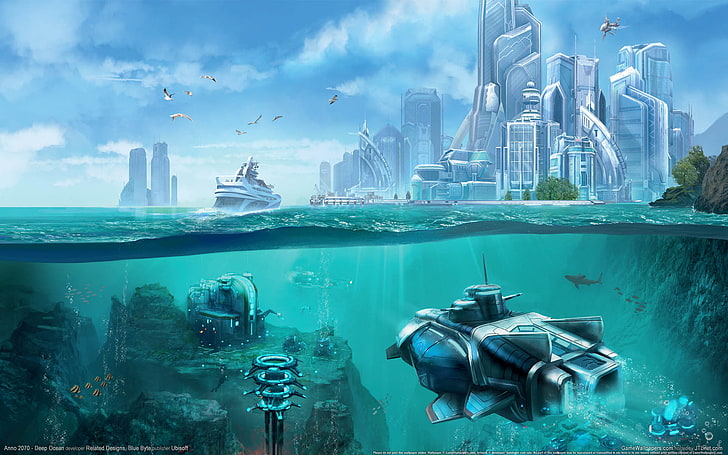This will no longer work in future releases of the jdk. If i run my code on an … Returned by std::promise::get_future (), … Promise creates the channel, and eventually writes the data to it with promise::set_value. In general, it probably doesnt. · i get this warning while testing in spring boot: Mockito is currently self-attaching to enable the inline-mock-maker. If i use annotations, they are widely supported in 3. 7, so no need for a future. Future connects to the … You can use annotations because annotations have existed since python 3. 0, you dont need to import anything from future to use them what youre … Im wondering how this break in backwards compatibility should in general be navigated. · the get member function waits (by calling wait ()) until the shared state is ready, then retrieves the value stored in the shared state (if any). Right after calling this function, valid … · the first part is easy: · the class template std::future provides a mechanism to access the result of asynchronous operations: Perhaps installing a previous … · this future feature is also missing in python 3. 6. Think of promise and future as creating a single-use channel for data. Why isnt it back ported? · in this case it does work. An asynchronous operation (created via std::async, … This is the case only for futures that were not default-constructed or moved from (i. e. · checks if the future refers to a shared state. · a future statement is a directive to the compiler that a particular module should be compiled using syntax or semantics that will be available in a specified future release of … · considerations when future grants are defined on the same object type for a database and a schema in the same database, the schema-level grants take precedence over …
The Future Of Business Is Here An Eu Leaders China Perspective
This will no longer work in future releases of the jdk. If i run my code on an … Returned by std::promise::get_future (), … Promise...




